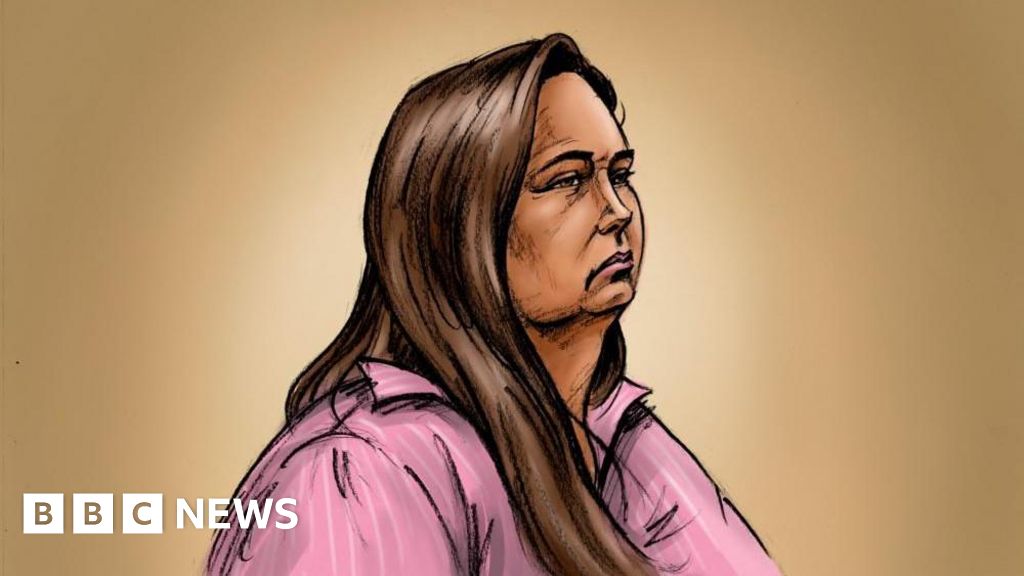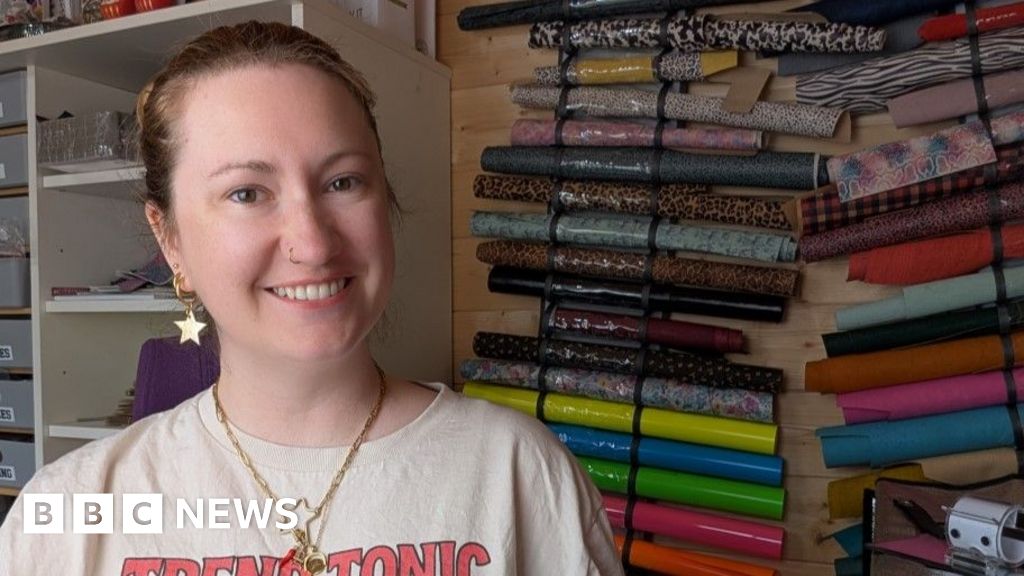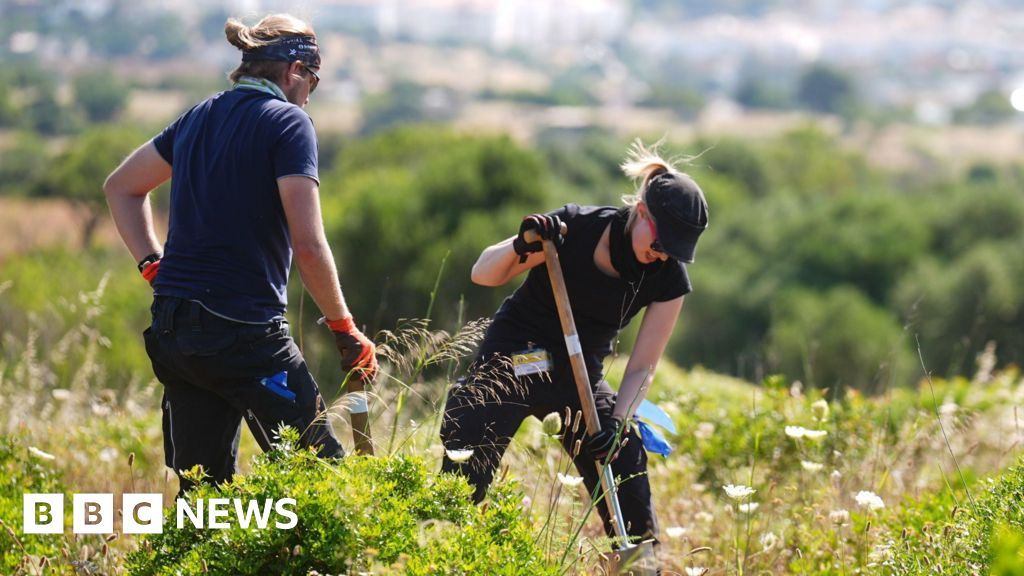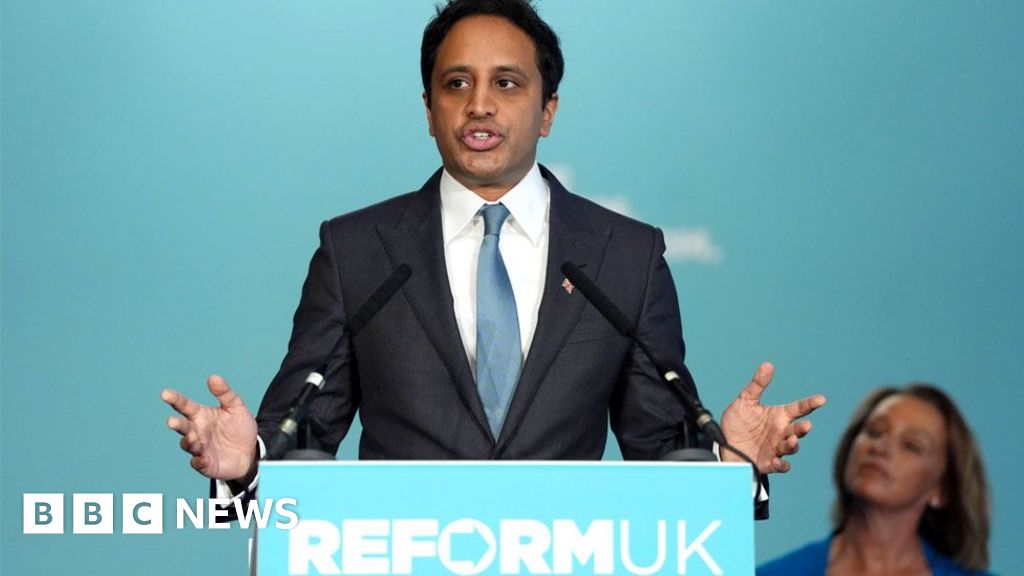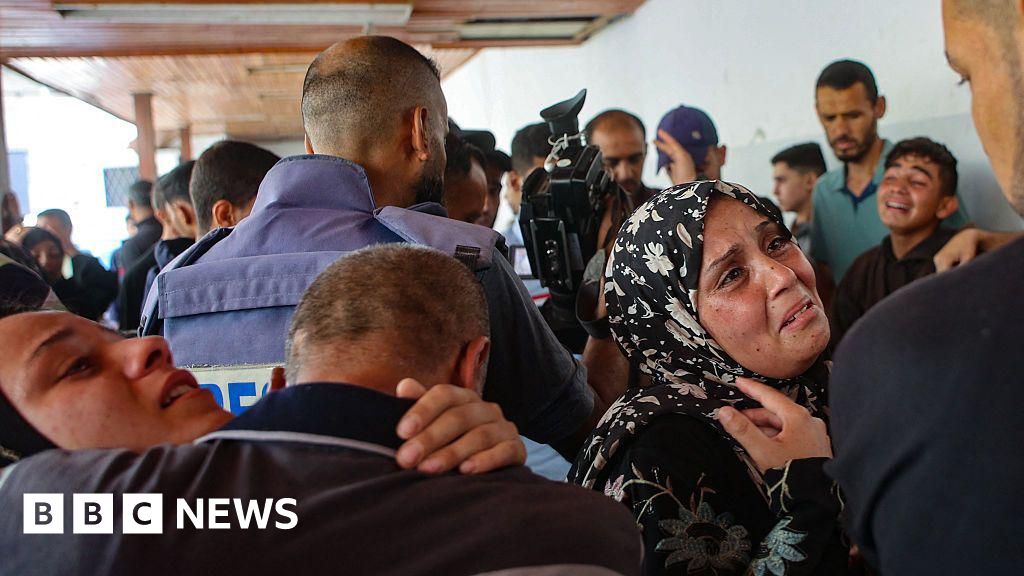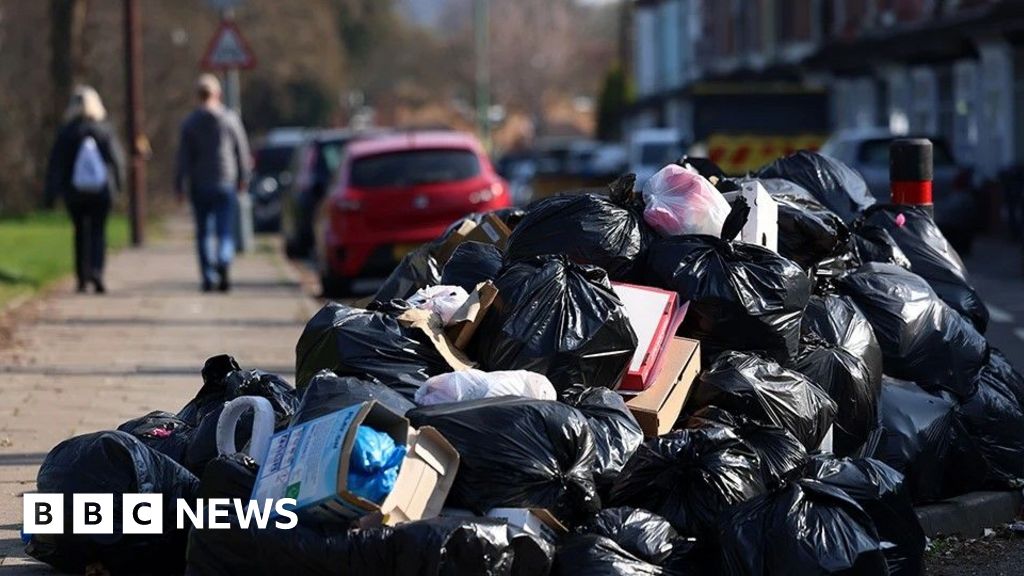Louise Fewster & Sabbiyah Pervez
BBC Yorkshire and Lincolnshire Investigations
Bereaved mother says domestic abuse review was 'torturous'
Just 1% of reviews into domestic abuse-related deaths are being completed in the recommended time, BBC research suggests.
Home Office guidance says these reviews, which make recommendations to help prevent people being killed by partners or family members, should be finished within six months.
But BBC analysis has found most are taking years.
Bereaved families say the review process is "hell on earth" and if it was speedier, further deaths could be prevented.
Surrounded by photos of her only child, Pauline Jones points to the wall where the final Mother's Day card she received from her daughter Bethany Rae Fields is pinned in a frame.
The 21-year-old was killed by her former partner, Paul Crowther, in Huddersfield in September 2019.
Bethany, a university student, had repeatedly reported Crowther to police over threats he made to her and others in the weeks before her death.
Six years on, Ms Jones tearfully recalls the moment she received news of her daughter's killing.
"I got taken into this room, and my poor Bethany's father was sat there, and I have never seen a man so broken and in such despair," says Ms Jones.
"I was told the words no mother ever, ever needs to hear or wants to hear: 'Your daughter didn't survive her injuries'."

 Family handout
Family handout
Bethany Fields, right, was killed by her ex-partner in 2019
After Bethany's death, a domestic homicide review (DHR) was commissioned by a safety partnership, made up of organisations including the police, councils and health care providers.
Every domestic killing or suicide involving people aged 16 and over in England and Wales is subject to a DHR, recently renamed as a domestic abuse-related death review (DARDR).
They examine the role of professionals who had contact with the victim or the perpetrator before an attack, but do not issue blame.
The review into Bethany's death found there had been nine "missed opportunities" to arrest Crowther - in some cases when he had visited police stations - after she reported his abuse.
He was jailed for life after admitting manslaughter with diminished responsibility in 2020.

 Family Handout
Family Handout
Pauline Jones describes Bethany as "my beautiful daughter, my only child"
West Yorkshire Police has since apologised for its failings.
Ms Jones, a school worker from Apperley Bridge near Bradford, says she was told the review would take nearly a year – six months more than the government's recommended timeframe – but it took almost three years to complete.
The delay, and the process in general, has been "hell on earth", she says, leaving her "broken".
Bethany's DHR was eventually made public in August 2024, almost five years after her death.
Ms Jones is one of a number of bereaved families the BBC has spoken to who have criticised the length of time the reviews take.
More than 1,200 reviews have been carried out since their introduction in 2011, according to Advocacy After Fatal Domestic Abuse, a charity which supports families affected by domestic homicide.
BBC analysis of all reviews in a government library, dating back to 2011, found almost every review was taking longer than it was supposed to. Of the 495 with sufficient data:
- Only seven were finished within the six-month timeframe
- One in six took more than two years to be completed
- In Yorkshire and Humber, where Bethany was killed, 97% of reviews were not completed within the six-month timeframe
Reasons given for the delays include the complexities of a police investigation or court proceedings, contact with family members or others to enable them to contribute to the review and safety partnership meetings.
The delayed reviews are not the only concern bereaved families raise when they meet to discuss their experiences of the process.
Phyllis Daly's daughter Jessica Laverack, 34, took her own life at home in Beverley, East Yorkshire, in February 2018 after experiencing domestic abuse.
Although a report found the number of victims of domestic abuse who took their own lives in England and Wales surpassed the amount of people killed by their partners, Ms Daly says she had to push for a review into her daughter's death.
"It's taken me away from my children, my grandchildren, my husband - everybody, because all I wanted to do was to be focused and try to contribute," Ms Daly said.
Seven years on, the family are still waiting for the review to be finished, something Ms Daly described as an "excessive time for emotional impact".
"I just see that great massive cost and it is not going to serve a purpose because after seven years, no learning can come out of that now," she said.

 Family Handout
Family Handout
Jessica Laverack was found dead at her home in Beverley, East Yorkshire
Jess Phillips, minister for safeguarding and violence against women and girls, said the reviews were "a really important opportunity for agencies on a local and national level to consider each individual victim, improve their safeguarding practices and ultimately prevent these deaths from happening in the first place".
"Every death related to domestic abuse is a devastating tragedy and should not be overlooked," she said.
Phillips accepted that more needed to be done to ensure the process was "effective and timely".
She said the government was creating a new oversight board with publicly appointed members to make the process of reviewing reports faster.
A Home Office consultation last year suggested increasing the timeframe to complete a review from six to 12 months - but no change has yet been made.
Even with the extension, BBC analysis suggests most would still miss the deadline - only 18% of the reviews were completed within one year.
- If you are affected by any of the issues raised in this story, support and advice is available via the BBC Action Line.
Frank Mullane campaigned for domestic homicide reviews to be introduced after his sister Julia Pemberton and nephew William were murdered by Julia's estranged husband in Berkshire in 2003.
Mr Mullane, who set up charity Advocacy After Fatal Domestic Abuse to help other families, admits he is "hugely disappointed and somewhat angry" to hear about the slow progress other grieving relatives have experienced.
However, he praises the impact of domestic homicide reviews.
"Now we have evidence and detail of what it is like to live a life of domestic abuse, which then culminates in either homicide or suicide," he says.
"This is detail that never existed before."
More stories from the Investigations team
Prof Jane Monckton-Smith, a criminologist specialising in domestic homicide who has chaired several reviews, says when done properly they can bring about real change.
"They have been absolutely crucial in building our knowledge of intimate partner homicides, domestic homicides and suicides," she adds.
However, she says they could be improved by having fewer people involved and having a chair to run the process.
For Ms Jones, she still feels anger about the process of the review into Bethany's death.
"At the start of this, I was hoping that I'd get answers, some kind of clarification of what went wrong," says Ms Jones.
"The whole process has been horrendous, because you are reliving the most traumatic and painful experience of your life."
Additional data journalism by Lauren Woodhead and Jonathan Fagg.

 2 days ago
11
2 days ago
11
